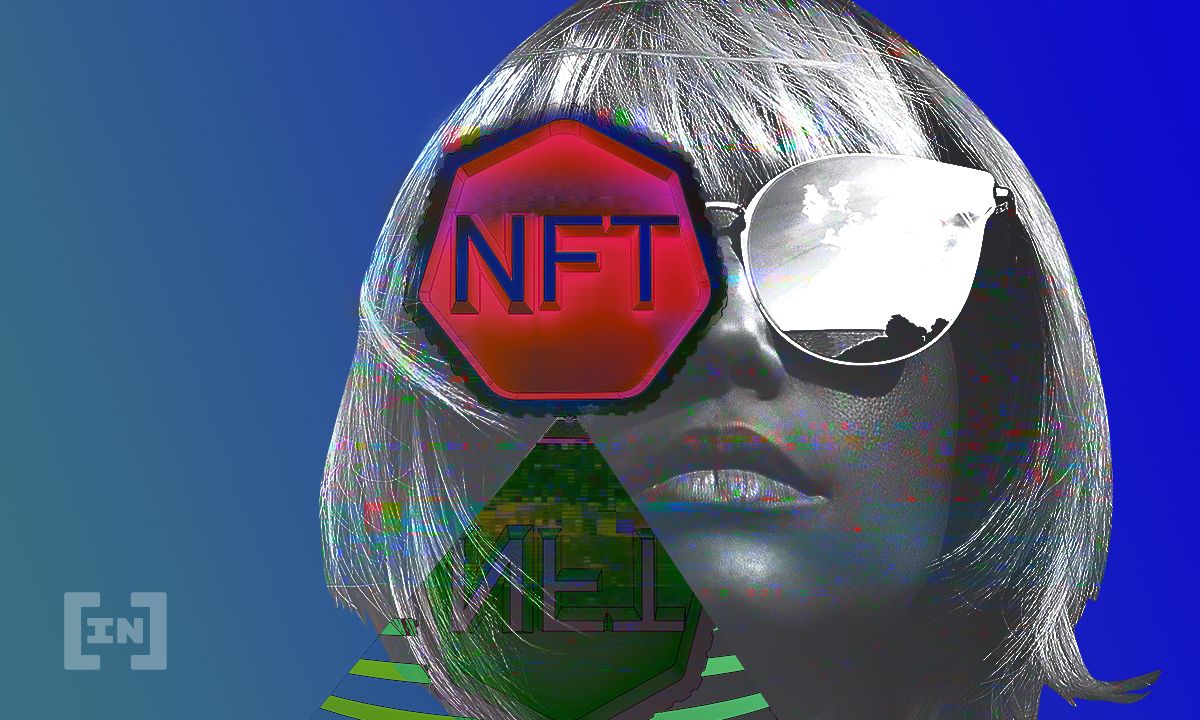Swiss-based crypto trading platform ShapeShift has released a non-fungible token (NFT) report titled “Enter the Metaverse: Challenges and Opportunities in NFTs.”
The report takes a deep dive into the future of NFTs as it pertains to possible applications, hurdles that can hold the industry up, and potential security issues. Additionally, the paper touches upon the complex copyright problems that may arise along with NFT growth.
The latter issue is based on copyright and intellectual property and is perhaps the most intriguing, due in large part to the gray areas involved. As things currently sit, most NFTs sold impart whoever buys them with non-commercial rights to the piece.
This allows the buyer rights to ownership of the NFT with the choice to sell it as desired. What it does not allow is the commercial use of said purchase. In a step to change the non-commercial restriction, it’s important to offer the ability to make the tokenization of the copyright itself an option.
Fractional ownership of NFTs
Another interesting topic ShapeShift’s report touches on is fractional ownership and collateralization of NFTs. The idea behind fractional ownership is that you go in on the purchase of an NFT to share the investment both intellectually and financially.
The report does point out that fractional ownership “isn’t possible with the current EIP-721 standard. However, that all changes with a recently adopted standard called ERC-1633.”
The new standard’s purpose “is to enable the ability to distinguish when an ERC-20 token represents shared ownership of an ERC-721 NFT and by extension any potentially underlying asset therein.”
This will be made possible by a re-fungible token (RFT) contract that assumes ownership of a connected NFT.
Co-investing in NFTs
While the standard is new and still has a ways to go to be optimized, the possibilities it can offer are vast. It would ostensibly allow for people to co-invest in NFTs like real estate, intellectual property, and any other token that would be too rich for the blood of most investors.
One example made by the report involves music. The ability to buy a share in the future of a song and its potential revenue would give new meaning to being invested in your favorite artist. The ability to buy a stake in a song or a movie could shift a lot of power from the “old school” record companies to people who have a more personal interest in the NFT’s success.
“Ignore the hype with respect to how many millions such-and-such NFT costs, and how much money certain artists are making; these market cycles will boom and inevitably bust over time, much like any other asset class. A bear market for NFT prices, when it happens, will not mean that the concept is somehow invalidated. We’re only getting started,” the report concludes.
Disclaimer
In adherence to the Trust Project guidelines, BeInCrypto is committed to unbiased, transparent reporting. This news article aims to provide accurate, timely information. However, readers are advised to verify facts independently and consult with a professional before making any decisions based on this content. Please note that our Terms and Conditions, Privacy Policy, and Disclaimers have been updated.


